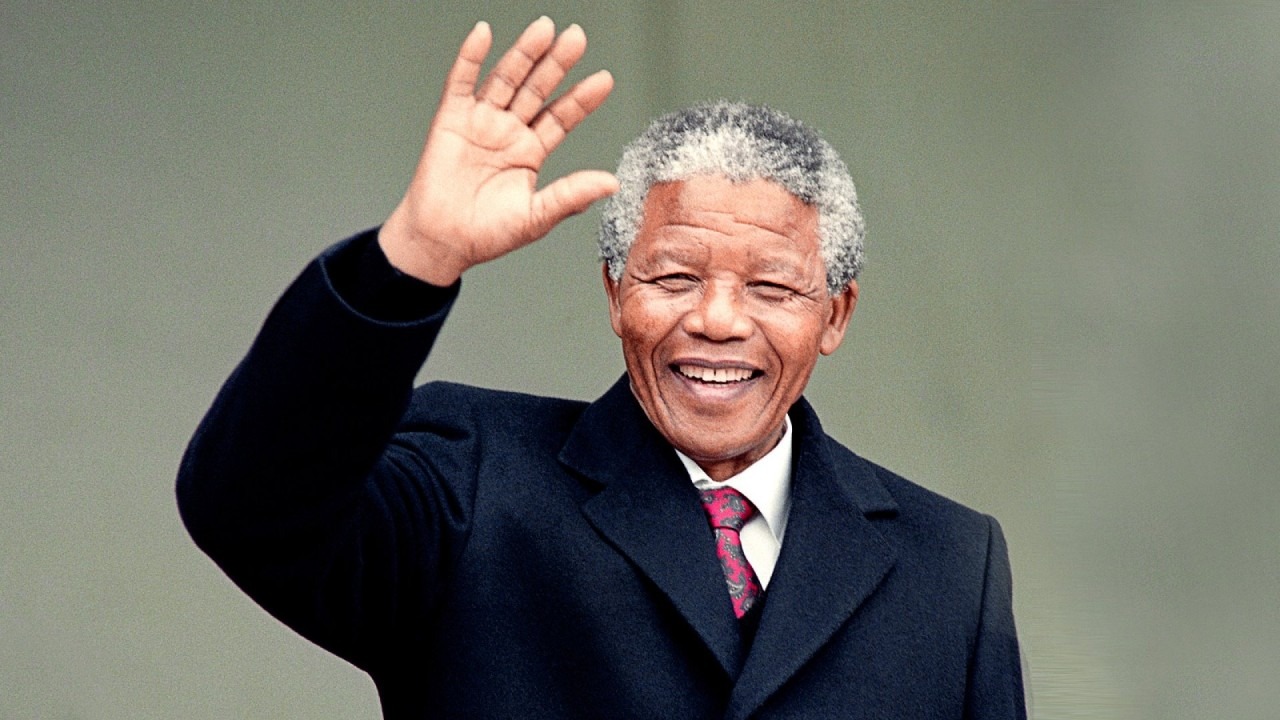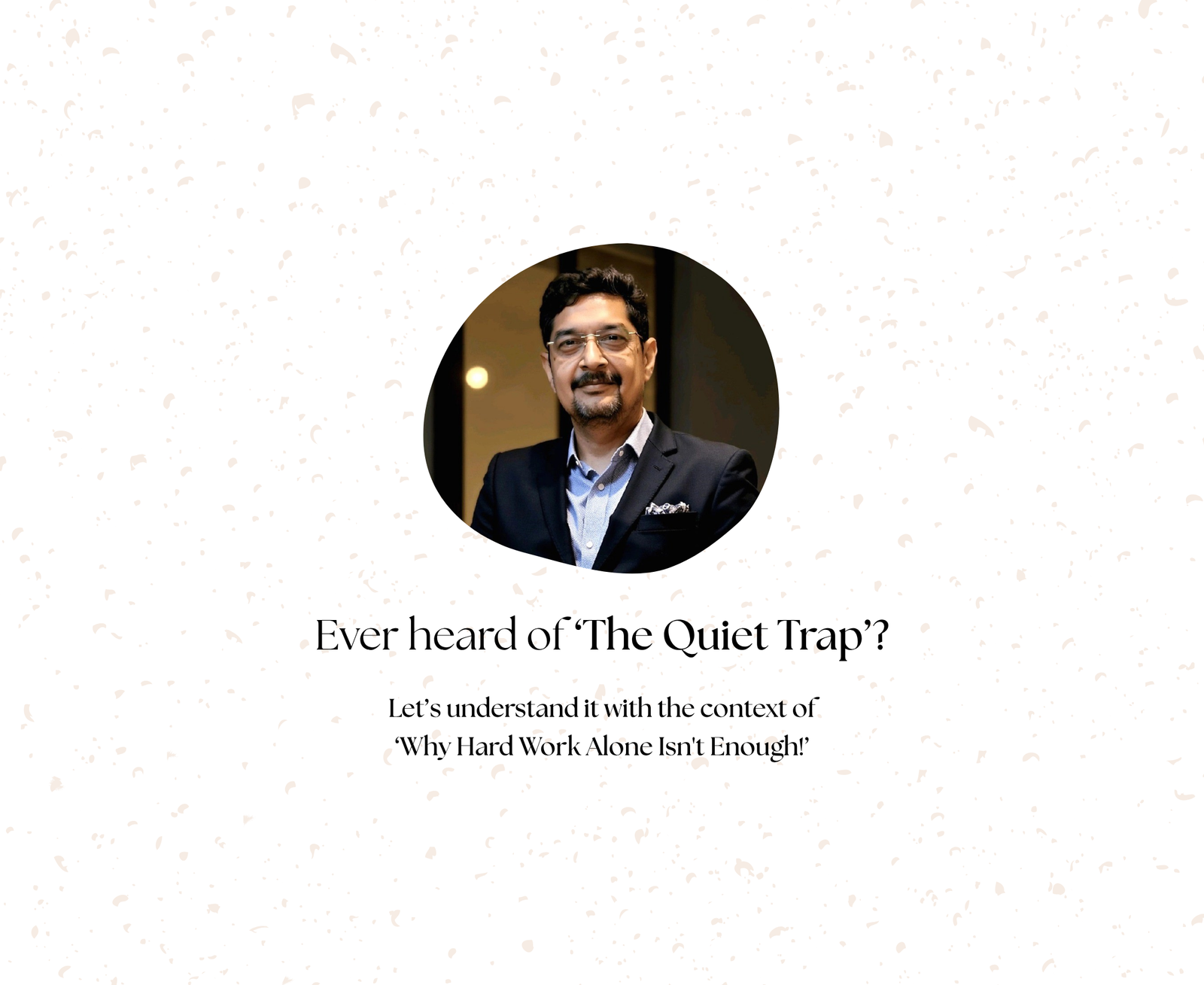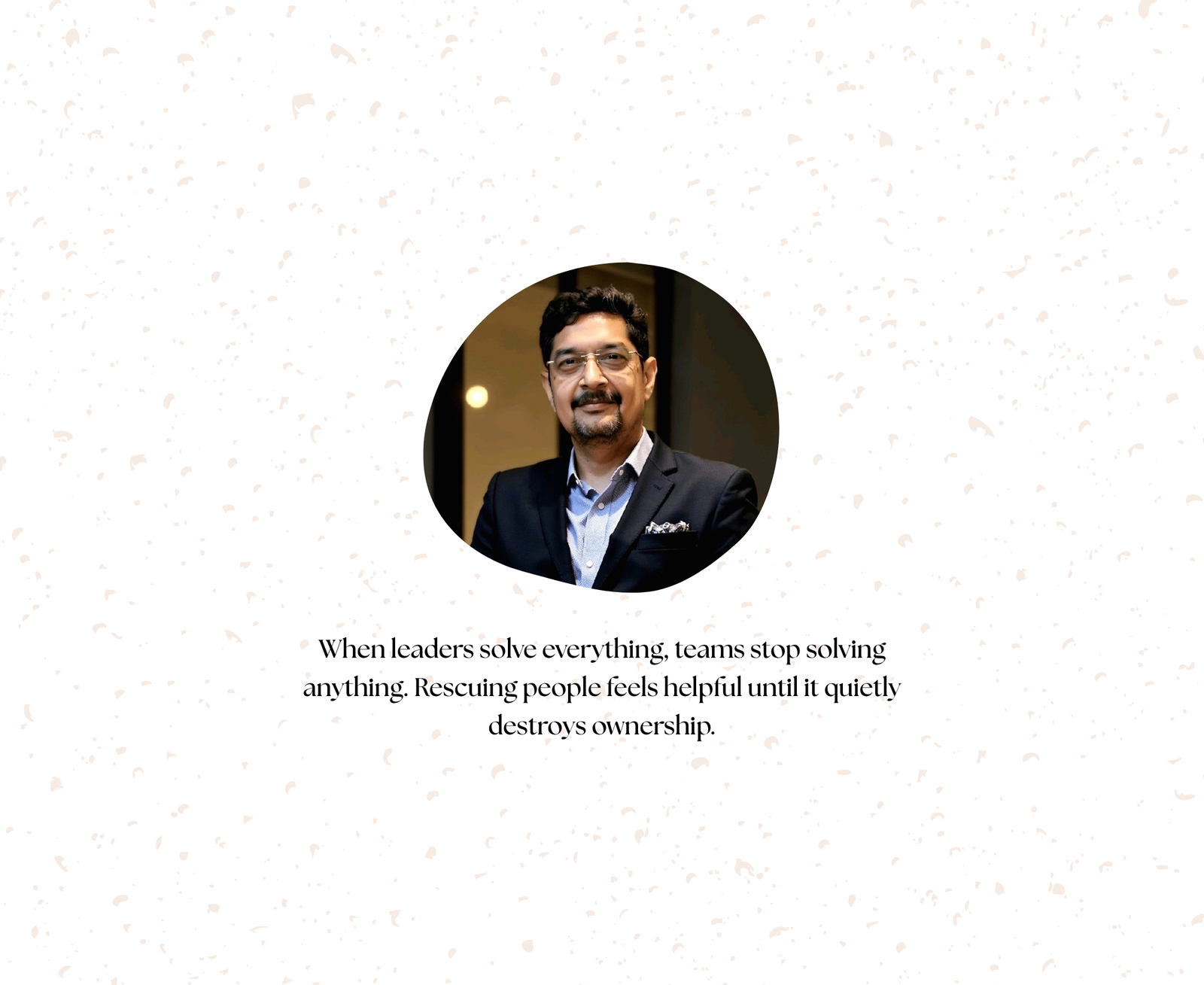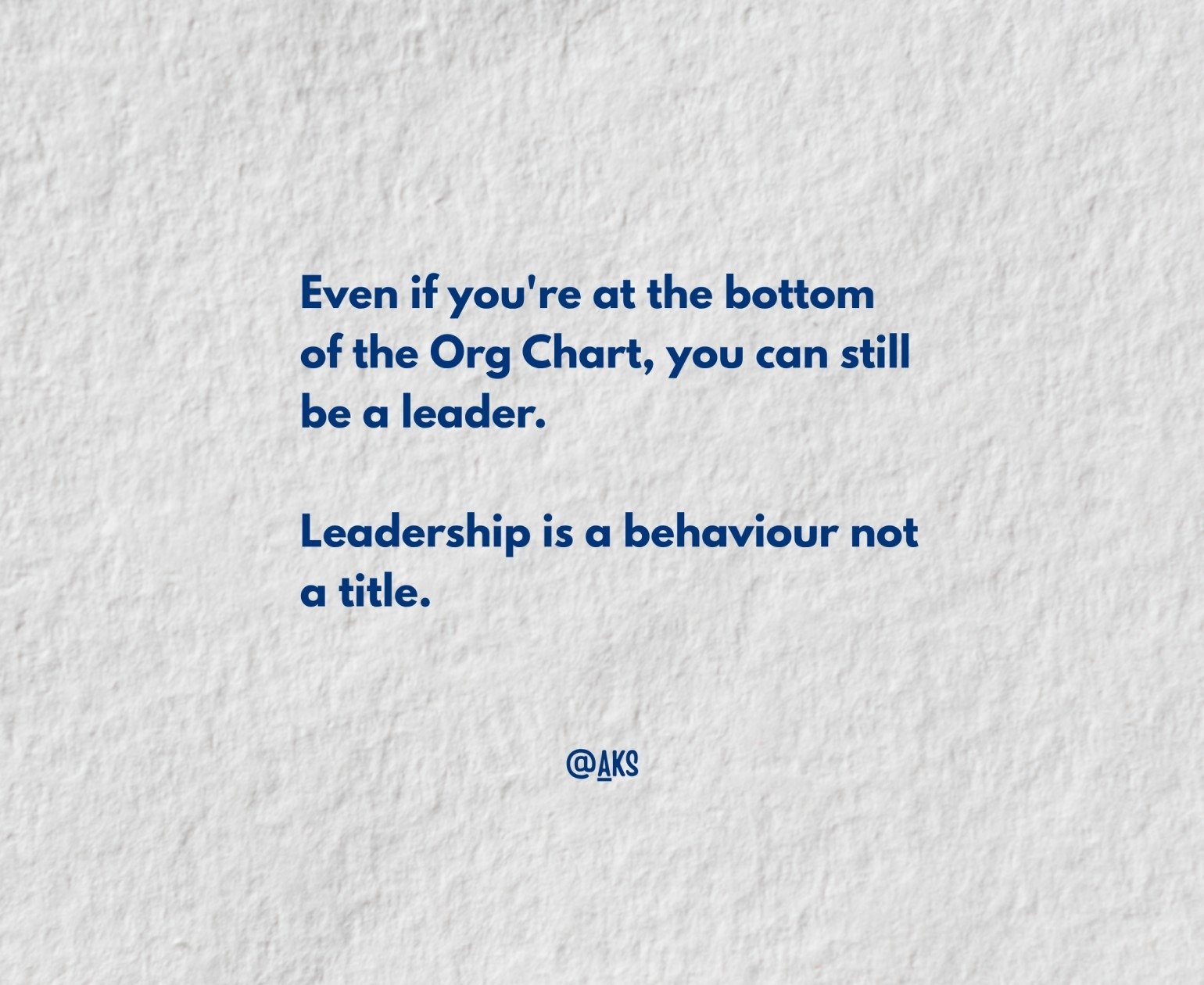Lead Like Mandela
Updated: May 14, 2025
Timeless Lessons for the Modern Professional

Mandela’s Leadership Still Matters Today?
In a world that celebrates quick wins and loud voices, Nelson Mandela’s quiet, unshakeable leadership feels like a breath of fresh air. His story is not just about political power — it’s about deep purpose, moral conviction, and the courage to lead with compassion in the face of chaos. For today’s young professionals navigating workplaces, building startups, or aspiring to lead movements, Mandela’s journey is a roadmap worth revisiting. His values are not relics of the past; they are tools for the future — tools that can redefine leadership as we know it.
Early Life & The Making of a Leader
Born in 1918 in a rural South African village, Mandela’s journey began in modest surroundings. Though his birth name “Rolihlahla” meant “troublemaker,” he carried within him a desire to challenge norms for a better cause. His early exposure to African leadership structures and later, his legal studies, sharpened both his understanding of justice and his vision for social change. He wasn’t born a hero — he became one through choices, circumstances, and unwavering belief in equity. Young professionals often look for mentors who’ve “made it.” Mandela teaches us that the making of a leader is slow, intentional, and often uncomfortable.
Mandela’s Leadership Traits That Changed History
Let’s break down the key values that shaped his global influence — traits every young leader should internalise:
Empathy and Forgiveness: After 27 years in prison, Mandela didn’t seek revenge. He sought unity. His presidency wasn’t marked by payback but by peace-building. That level of emotional maturity shows us that empathy isn’t weakness — it’s the foundation of lasting leadership.
Courage Under Fire: He stood against apartheid when it meant being labeled a terrorist. He stayed true to his cause even when it cost him his freedom. That kind of courage isn’t about being fearless — it’s about having a cause bigger than fear.
Vision-Driven Decisions: Mandela knew what he wanted: a free, united South Africa. He made every move with that vision in mind, even when it meant making personal sacrifices. This is the kind of clarity young professionals often miss — chasing every trend but committing to none.
Servant Leadership: Mandela didn’t lead to be admired. He led to serve. Whether it was fundraising for education, meeting with opposition leaders, or wearing Springboks gear to unify the country, his actions always reflected humility in leadership.
Leading Through Adversity: Lessons from Prison
Most people lose hope in the face of injustice. Mandela found purpose. During his 27 years on Robben Island, he educated fellow inmates, exercised discipline, and mentally prepared himself for leadership. He refused to let the prison walls define him. This resilience teaches a key lesson: adversity can either break you or build you. As young professionals, how we respond to challenges — setbacks in careers, rejection, burnout — determines the kind of leaders we’ll become. Mandela’s time in prison wasn’t a pause in his journey. It was a preparation ground.
Unifying a Nation: Mandela’s People-First Approach
When Mandela became South Africa’s first Black president, the nation was fractured by years of racial hatred. Instead of fueling divisions, he chose reconciliation. One of his iconic moments was donning the Springbok jersey — a symbol of white South African pride — and cheering for the national rugby team. This move, while controversial, was symbolic: Mandela didn’t just talk about unity, he lived it. In workplaces today, leadership isn’t about titles or control — it’s about creating spaces where people feel seen, safe, and respected.
What Young Professionals Can Learn Today?
So what can you take away from Mandela’s leadership?
- Lead with values, not ego. Great leaders care more about impact than applause.
- Be consistent. Mandela’s principles never changed — whether in courtrooms or prison cells.
- Play the long game. Quick wins feel good, but sustainable impact takes time.
- Communicate hope. Even when things are uncertain, great leaders help others believe in something better.
In a culture of instant gratification, Mandela’s story teaches us to play for legacy, not just likes.
Mandela’s Legacy in a Modern World
Mandela’s legacy lives in global institutions, leadership books, and the hearts of millions — but more importantly, it lives in the people who choose to lead like him. From CEOs driving inclusive policies to social entrepreneurs solving grassroots problems, the Mandela mindset is alive in those who lead with soul, not just strategy. His influence reminds us that the most effective leadership is not loud — it's intentional, kind, and transformative.
Don’t Just Lead — Inspire
As you navigate your own journey — whether in boardrooms, communities, or personal goals — let Mandela’s life remind you: leadership is not about position. It’s about purpose. Don’t wait for permission to lead. Start by making better choices, showing up for others, and leading with your heart. Because true leadership isn't about having power — it's about empowering others.
#NelsonMandela #LeadershipLessons #YoungProfessionals #MandelaWisdom #LeadWithPurpose #ModernLeadership #InspireChange #LegacyBuilding #EmpathyInLeadership
Recent Posts See All

The Quiet Trap!
0 0

The Leadership Trap.
0 0

Need a Higher Org Chart Title to Lead?
0 0
